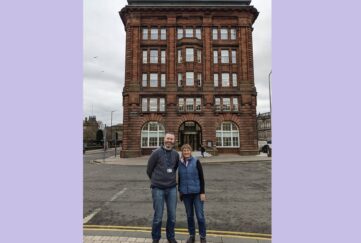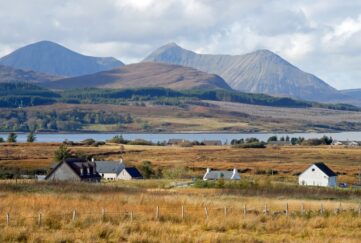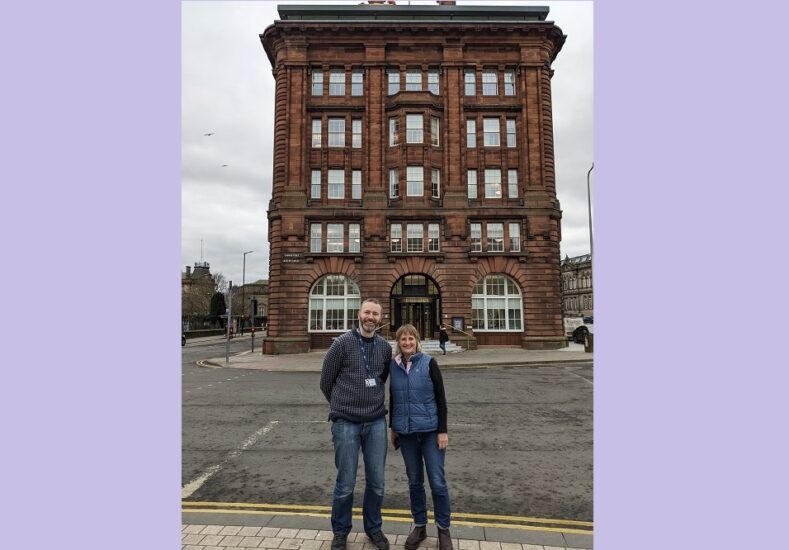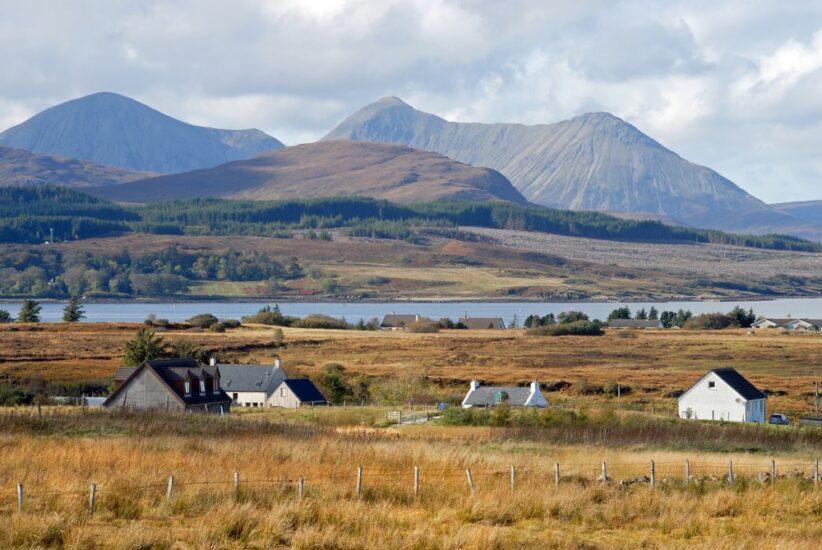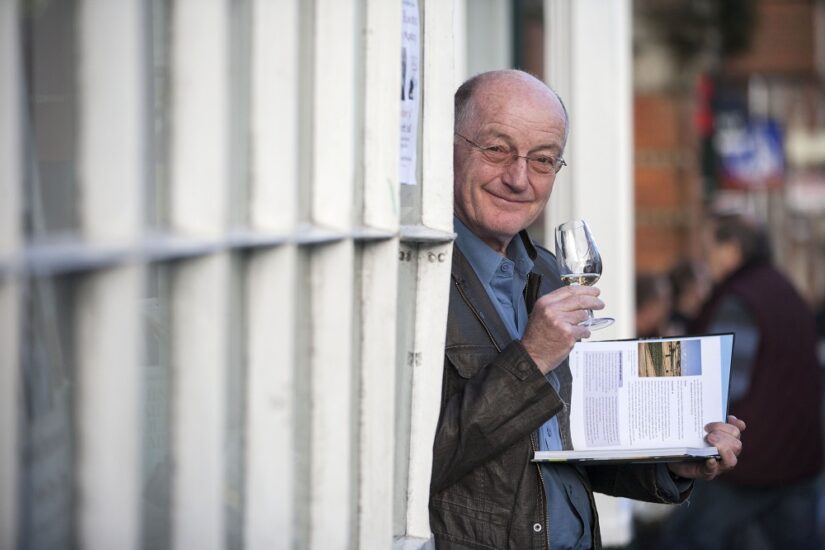Features Ed Blog: What About Wasps?
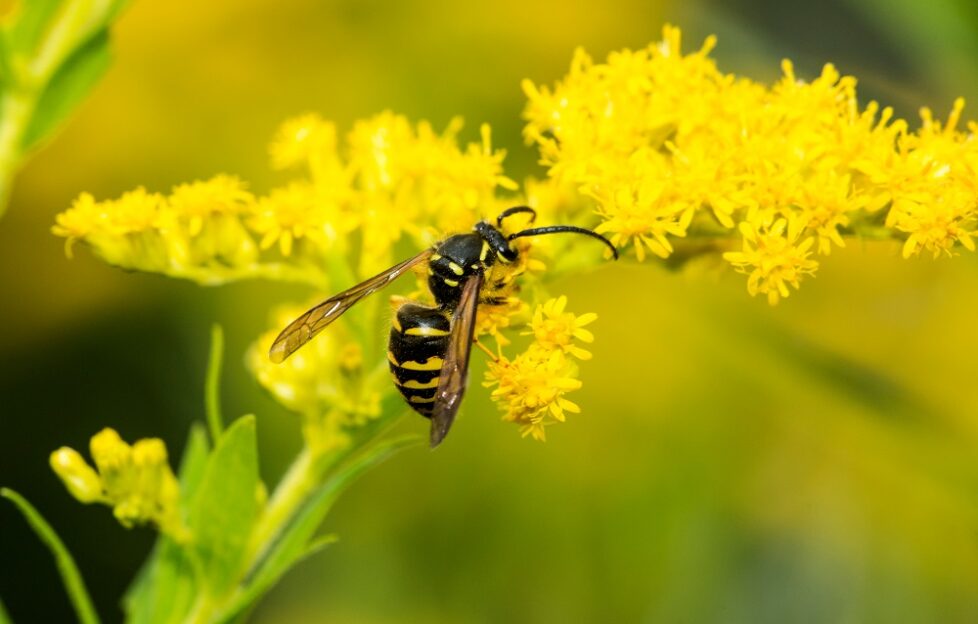
We all love the bees in our gardens, and welcome the birds – but what about wasps?
I must admit I’m not a fan. But for the purposes of self-education, I’d like to know if there’s more to them than meets the eye.
When I was young, my mum and I were blackberry-picking when she stepped on a nest. We were attacked with such ferocity, I’ve never forgiven them. Whilst I appreciate we invaded (and damaged) their home, it wasn’t on purpose, and they didn’t half lay into us for it.
This year, we’ve got at least three wasps’ nests around our house. One in the shed, as per usual. One in a hole in the lawn, which was a new one on me. And one way up at the gable end, in the roof.
As I said, the shed isn’t a new spot for them. And that’s in spite of the fake nest we put up to deter them. Three years ago, I went in there – hoping to sneak something out of it before they noticed me. But they caught me at it, and I got stung repeatedly in the head.
Half an hour later, I started to swell up. One hour later I was in an ambulance getting an adrenalin shot. So I hope you’ll understand why I’m still not keen on them.
Social animals
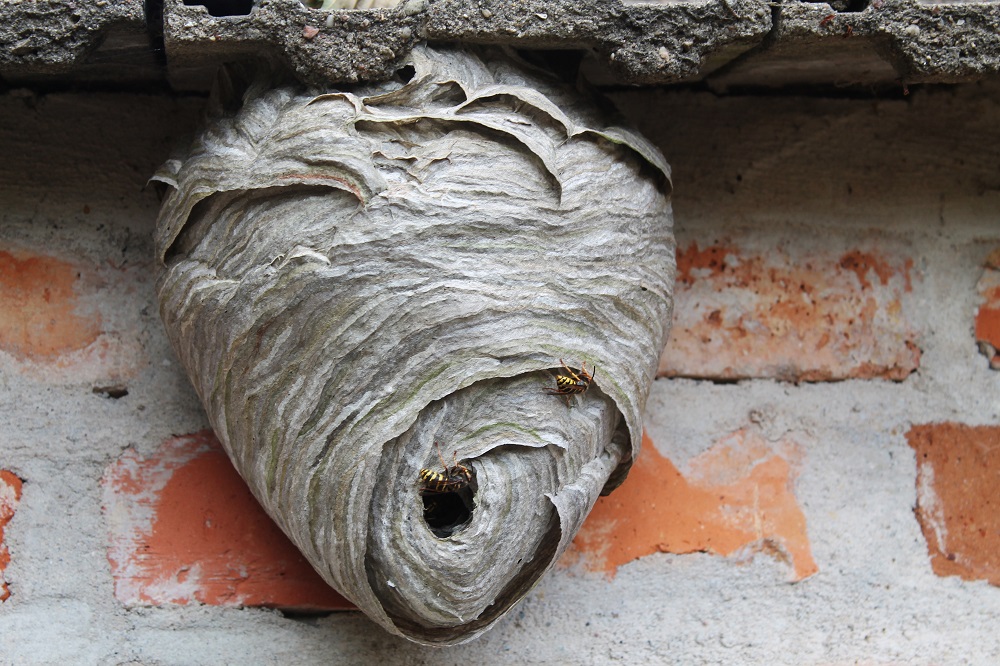
Shutterstock.
Ugh, even the sight of that nest above gives me the chills. Apparently, their social structure is every bit as developed as bees. Of course, as we all know, though, wasps don’t die if they sting, unlike bees.
Which explains why bees don’t tend to bother us unless strictly necessary. Wasps eating insects might make them a gardener’s friend, but when I’m out trimming the flowers or weeding, I jump every time I hear a buzz. If it’s a bee, I’ll relax – if it’s a wasp…I’ll begin to worry.
They’re also apparently very handy for controlling the insect population. Again, I’m not wildly sold on the value of that – surely that’s the food the birds would also go after?
And in fact that’s true. Wasp activity in the UK is curtailed by winter, but in places like Australia where it stays warm year-round, their colonies can grow to an enormous size. At which point their insect-eating causes real problems for the birds.
No good for the wood
Their thirst for sweet, sticky nectar-like liquids is why we see them popping up at picnics, but my greatest trouble with them is their obsessive gathering of wood to pulp and build their nest.
Our wee decking area and picnic bench are scarred with the scraping of wasps gathering. They’re never after our food, just the place we like to eat it! I’ve treated the wood, which seems to have discouraged them, but they just buzz around it sounding slightly annoyed now. So we don’t use it as often as we’d like.
Even after research, then, I’m not sold on them. The Natural History Museum, however, maintains that our eco-system would struggle in a world without them. So I’ll have to make my peace and leave them be, wherever possible.
Maybe I’ll ask Polly Pullar about them and see if she can persuade me to think more kindly of them!
Make sure you don’t miss out on any of Polly’s features or the rest of the mag by getting it delivered to your door with one of our subscriptions!


